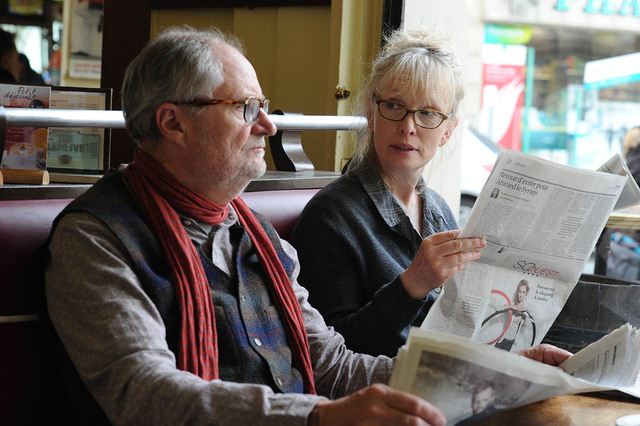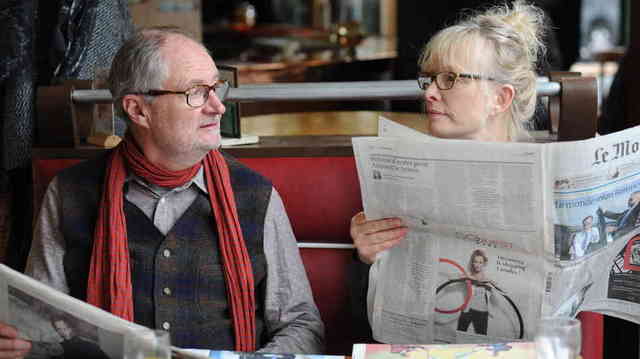Film Review: British Couple Celebrates Bittersweet Anniversary In Le Week-End
Love And Marriage Go Through The Ringer During A Bittersweet Anniversary Trip To Paris



“Did you say something


